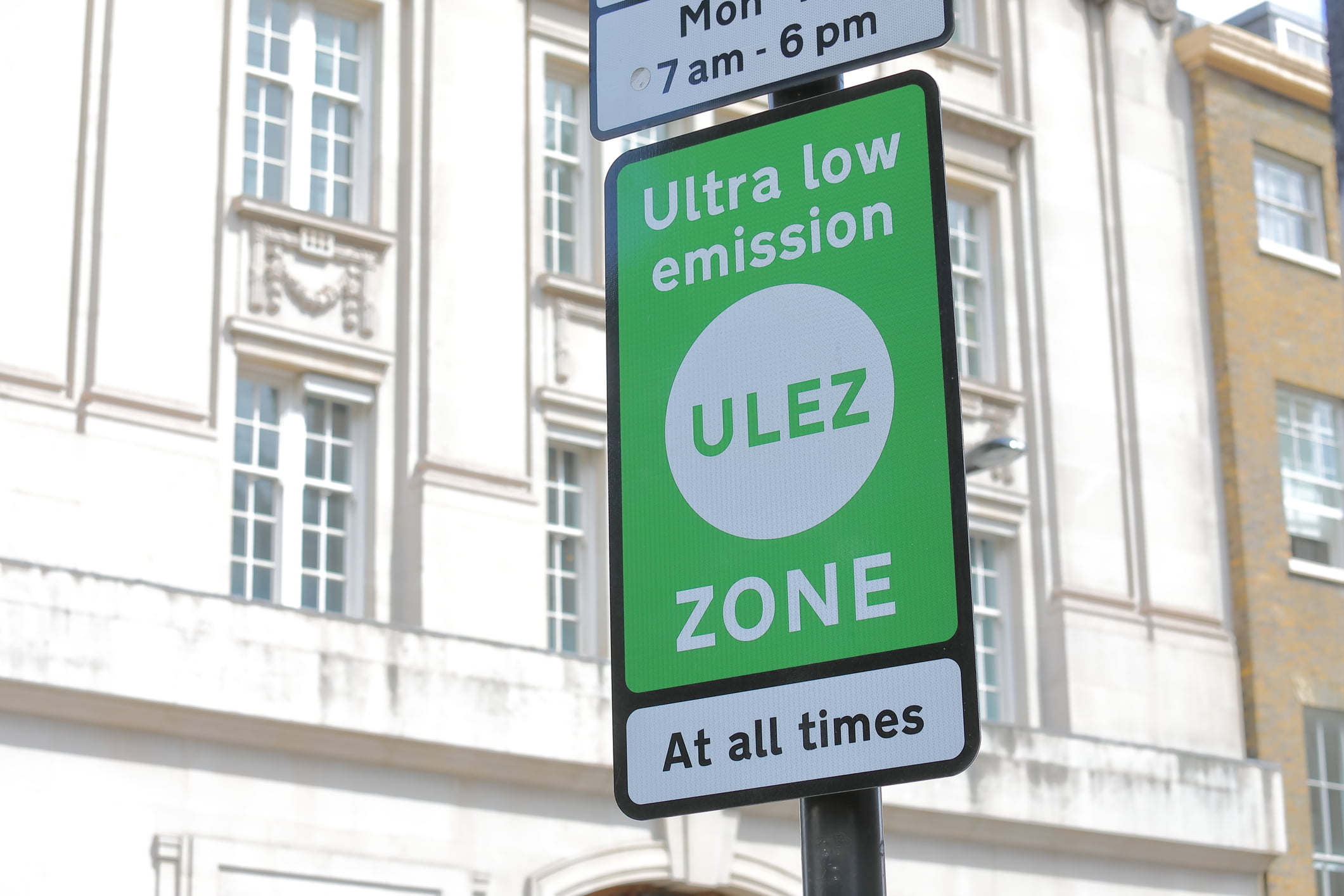Choosing an electric car can help you save money and reduce your carbon footprint. Pure electric vehicles emit zero tailpipe carbon dioxide (CO2) emissions; a 2019 report found that on average, petrol cars emit 127.6g of CO2 emissions per kilometre, with diesel vehicles close behind at 127.0g/km.
The lower or zero emissions of battery and plug-in hybrid vehicles means they will attract lower (or zero) charges from clean air zones and low emission zones being implemented around the UK from 2021, as well as London’s ultra low emission zone (ULEZ). The Scottish Government, for example, is introducing low emission zones (LEZs) in Glasgow, Edinburgh, Dundee and Aberdeen to improve air quality and limit carbon emissions in city centres.

